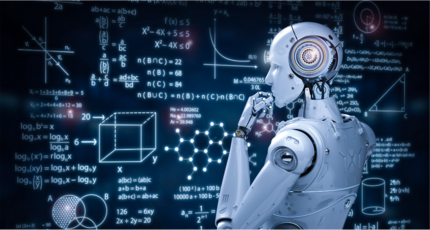
Autonomous & Intelligent Robotics
Autonomous & Intelligent Robotics Laboratory (AIR Lab)
Developing theoretical & computational foundations to achieve long-term robot autonomy

Catastrophe Modeling
Catastrophe Modeling was a research group under I-Disc until 2024 when a University Research Center for Catastrophe Modeling and Resilience was established to provide an interdisciplinary home for the scientific & educational activities of scholars working on catastrophe modeling and resilience applied to natural disasters & health related threats. The CatModeling group continues to actively collaborate & benefit from the resources provided by I-DISC.
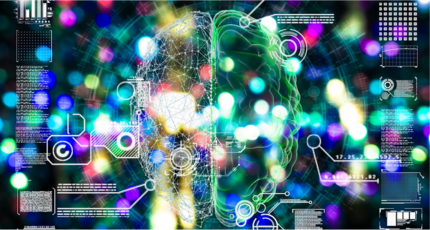
Computer Vision
Computer Vision
Developing novel computationally efficient computer vision algorithms for visual understanding, forensic analysis, real/fake image/video detection, and AI-assisted healthcare
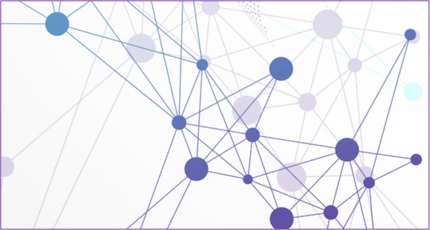
Explainable Graph Learning
Explainable Graph Learning
Focus on problems in the smart electric grid where much of the data infrastructure is in place & evaluation of developed methodologies

FinTech & Blockchain
FinTech and Blockchain
Advancing blockchain technology for business-scale performance with attention to privacy, transparency, and regulatability.
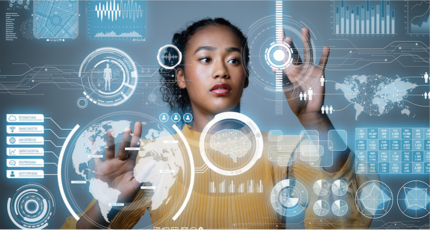
Human Centered Computing
Human Centered Computing
As humans face a growing reliance on computer-mediated behaviors of all sorts, the need for smarter human-technology interfaces is growing
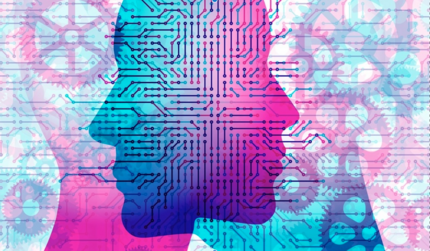
Large Language Models (LLMs)
Large Language Models (LLMs)
This research group consists of interdisciplinary researchers who are interested in exploring various research topics related to large language models and vision language models.

Machine Learning in Materials Science
Machine Learning in Materials Science
Use of machine learning & deep learning for modeling complex physical systems of materials & chemical processes
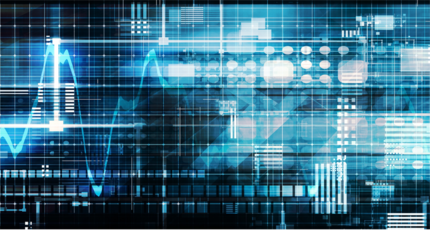
Mathematical Optimization & Data Science
Mathematical Optimization & Data Science (MODS)
Research on mathematical optimization, which involves the development of mathematical & computational tools that facilitate discovery, design, and decision-making throughout science, engineering & business

Quantum Computing & Optimization
Quantum Computing & Optimization Lab (QCOL)
Quantum Computing has the potential to solve problems faster than classical supercomputers. This capability can change our world by enabling new methods to decrypt data, faster molecular analysis to design better drug treatments and to solve complex optimization problems rapidly.
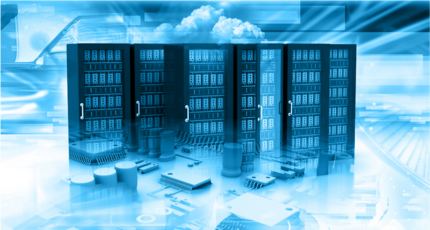
Scalable Systems & Software
Scalable Systems & Software
Developing software & hardware to maximize performance and reduce energy consumption in multi-core & distributed systems
